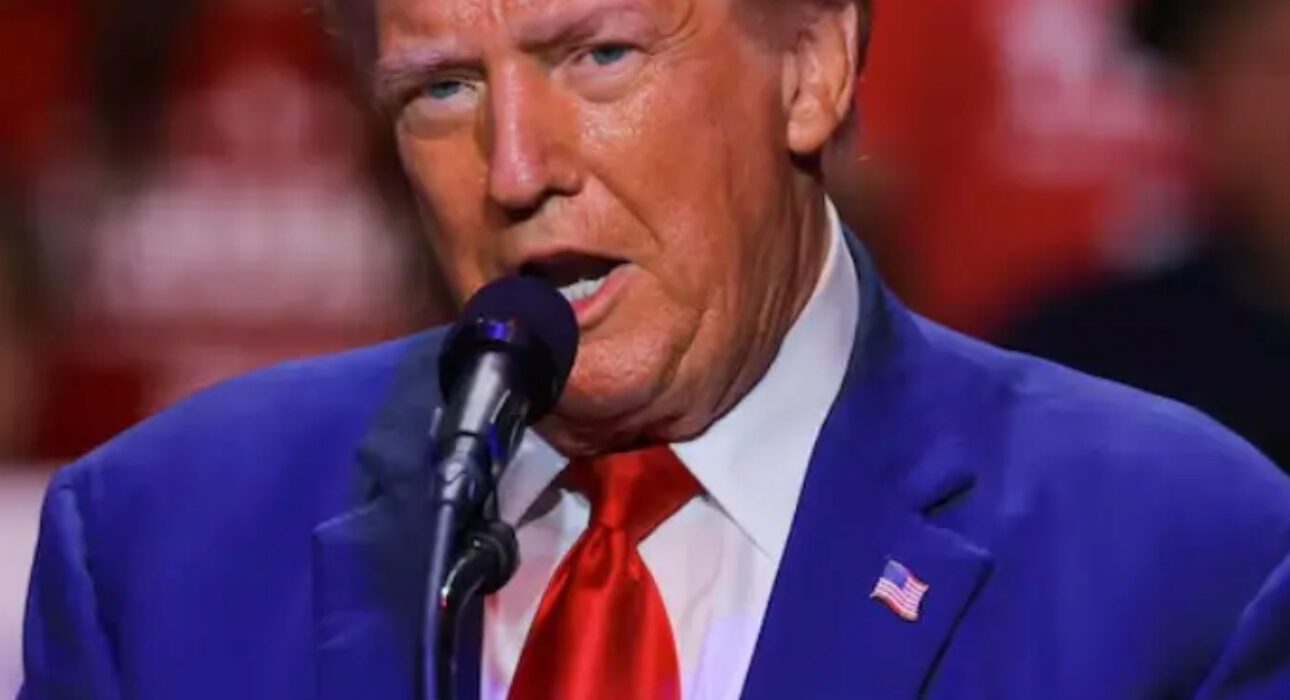Trump Shuns Nigeria as He Plans Hosting Five African Leaders for High-Level Talks

United States President, Donald Trump is set to host five African heads of state at the White House on July 9, 2025, for a strategic meeting focused on commercial partnerships and economic cooperation. However, Nigeria — Africa’s most populous nation and largest economy — is notably absent from the invitation list, sparking conversations across diplomatic and policy circles.
According to multiple international reports, including Reuters and TimesLIVE, the countries expected at the meeting include Gabon, Guinea-Bissau, Liberia, Mauritania, and Senegal.
The summit, described as Trump’s first high-level engagement with African leaders since returning to office, is being framed around “commercial opportunities,” with a clear pivot away from foreign aid towards private-sector-driven investment and trade.
In a departure from previous U.S. administrations, Trump’s foreign policy posture toward Africa is centered on mutual economic gain rather than development assistance. Recent statements from U.S. officials suggest that the era of aid-based diplomacy is over, as the administration aims to reward countries showing initiative and economic potential. Secretary of State Marco Rubio reinforced this vision, stating that future diplomatic engagement with Africa will be evaluated through the lens of what he called “shared prosperity” — with U.S. envoys expected to deliver measurable commercial outcomes.
This marks a significant policy shift. Diplomats posted to African nations will reportedly be assessed not by the size of aid projects they manage, but by the commercial deals they can facilitate. The Biden-era focus on democracy, governance, and development assistance is being set aside in favor of deal-making and investment, reflecting Trump’s transactional approach to international relations.
Nigeria’s exclusion from the list of invited nations has raised eyebrows, especially given its longstanding ties with the U.S. and its central role in West Africa’s political and economic landscape. With its immense population, rich oil and gas reserves, and diversified economy, Nigeria has traditionally been a key partner for the U.S. across trade, security, and governance. Observers have questioned whether the omission signals a diplomatic snub or reflects concerns within the Trump administration over Nigeria’s internal policy or economic climate.
While there has been no official statement from the Nigerian government in response to the development, foreign policy analysts say the decision could indicate a reassessment of the U.S.–Nigeria relationship, especially under Trump’s commercial-first framework. Some believe the exclusion could be temporary or strategic, aimed at encouraging reforms or more aggressive private-sector alignment from Abuja.
The upcoming July 9 summit is expected to be a tightly focused engagement, with discussions centered on infrastructure, energy, mining, and technology investments. It also offers an opportunity for the selected African leaders to deepen bilateral trade relations with Washington under Trump’s second term, which has so far emphasized transactional diplomacy and less multilateralism.
As the summit draws near, attention will likely turn to how the U.S. plans to scale this new model of economic engagement across the continent — and whether countries like Nigeria will eventually be brought into the fold.
For now, Nigeria’s absence from the room stands as a curious and potentially consequential omission.







